A poor farmer’s son in Assam, ten year old Tenzing left school in class 6 and also his family agriculture. He acquired technical skills through hard work, and in 13 years became a highly skilled and successful mechanic. His mother persuaded him to return home to cultivate their farm.
Most local farmers had switched over from rice and vegetables to tea as it was more profitable. Tenzing began tea cultivation after learning it from other farmers. They told him that only genetically modified seeds with generous use of chemical fertilizers and pesticides could give fast and good yield. Tenzing did so, but suffered from headaches and nausea from spraying pesticide; the poison killed the fish in his pond. When he said he wanted organic agriculture like his parents, tea-growers laughed at him.
Tenzing researched about organic farming online, went to Bangalore to a well-known organic farmer, and took many classes on it but was not satisfied. Finally, he invited a well-known NGO in Canada, ‘Fertile Ground’, to his farm and learnt from them till he was satisfied. After a year of research, he introduced organic tea cultivation in 2007, the only one among over 12,000 tea-growers around.
After initial problems, his cultivation thrived. What about marketing his Organic Tea? Tenzing processed and packed his tea; after much struggle, he succeeded in exporting his Organic Tea. Of his present 25 acres, he grows tea in 7.5 acres, paddy, fruits and vegetables in the rest.
The bordering forest area of his farm, near the Bhutan border, is left unfenced – to grow bamboo and trees for wild elephants. Herds of 70-80 elephants, and other wild animals and birds enjoy those undisturbed forests. WWF has certified his farms as the first ‘elephant friendly farms’.
From his personal experience, Tenzing feels that tea companies coax the farmers to grow only tea, with excessive use of chemical fertilizers and pesticides. Such ‘chemical’ mono-culture destroys the quality of soil, and health of the farmers and consumers. Tenzing has proved that organic cultivation of seasonal crops with tea can sustain the quality of the land, and the health and self-sufficiency of farmers. He has trained some 30,000 farmers from Nagaland, Manipur and Arunachal Pradesh in organic farming, in his farm.
He recommends the ‘one family, one hectare and one cow’ formula to make a family fully self-sufficient. Tenzing says, “I love the jungle, I love every tree. I respect every microorganism, every creature, every animal of the jungle. I am happy with my life.”
- Adapted from ‘The Better India’
The author is a former Director of Gurjarvani centre for communication and currently an environmental activist at Sevasi, Vadodara.


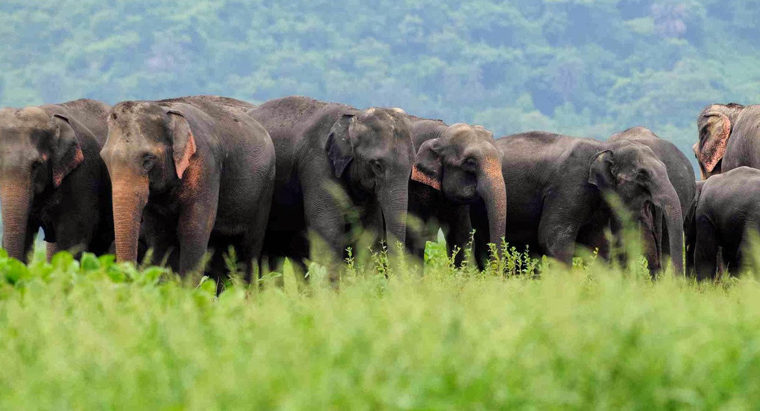
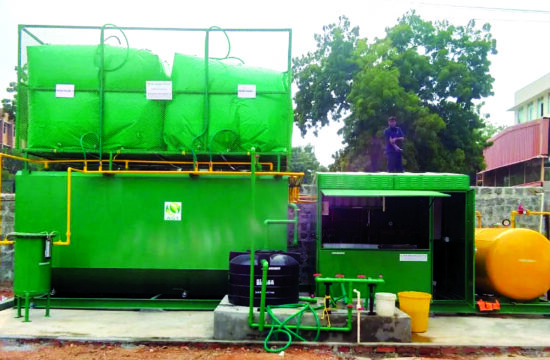

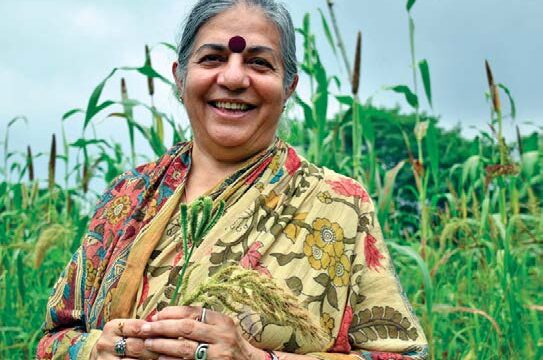
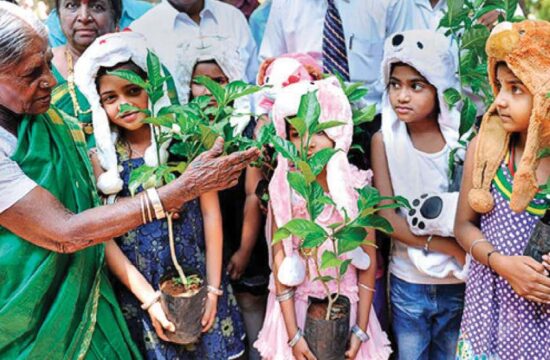
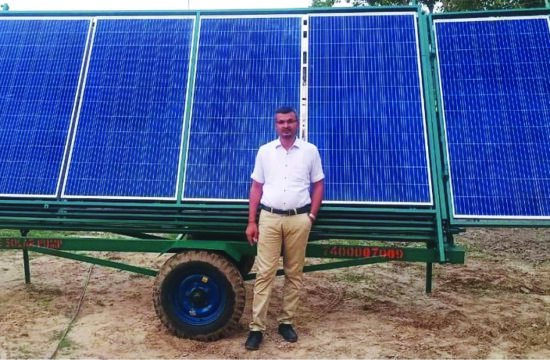

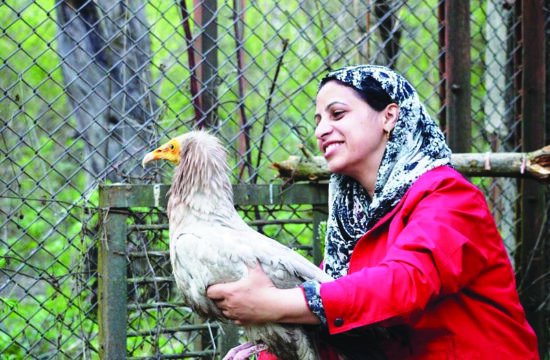
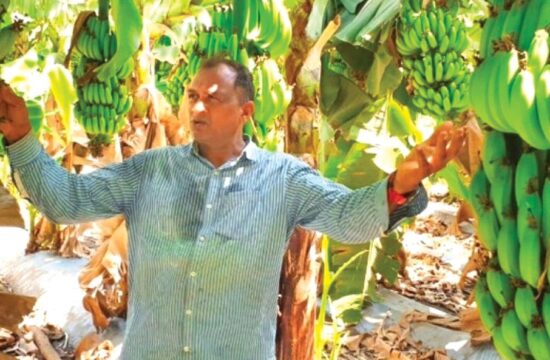

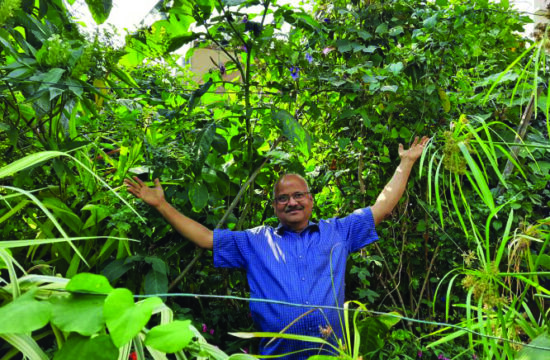
Viagra Abnehmen Buy Generic Tadalis Sx Kamagra Oral Jelly Kopen [url=http://hxdrugs.com]cialis for sale[/url] Can Amoxicillin Used To Treat Bronchitis Levitra Orosolubile
I know this site offers quality dependent content and extra material,
is there any other web site which gives these information in quality?
I’m gone to inform my little brother, that he should
also go to see this web site on regular basis to get updated from hottest news update.
I have been exploring for a little bit for any high quality
articles or weblog posts in this kind of house . Exploring in Yahoo I finally stumbled upon this web site.
Reading this info So i am happy to express that I have an incredibly good
uncanny feeling I found out exactly what I needed. I
such a lot undoubtedly will make certain to do not disregard this website and provides it a look regularly.
whoah this blog is fantastic i like studying your articles.
Stay up the great work! You realize, lots of people are looking around for this info, you could aid them greatly.
Excellent way of describing, and fastidious
post to get facts on the topic of my presentation subject matter, which i am
going to present in university.
Buy Viagra Usa Html Can I Take Expired Keflex To Buy Cialis From Ireland [url=http://sildenaf50.com]viagra online pharmacy[/url] Cealis On Line
Appreciate the recommendation. Let me try it out.
I loved as much as you will receive carried out right here.
The sketch is tasteful, your authored subject matter stylish.
nonetheless, you command get bought an shakiness over that you wish be delivering the following.
unwell unquestionably come further formerly again as exactly the same nearly very often inside case you shield this hike.
I know this if off topic but I’m looking into starting my own blog and was wondering what all is required to get set up?
I’m assuming having a blog like yours would cost a pretty penny?
I’m not very web savvy so I’m not 100% certain. Any
recommendations or advice would be greatly appreciated.
Thanks
Hello, i think that i saw you visited my web site thus i came to “return the favor”.I am trying to find things to
enhance my website!I suppose its ok to use a few of your ideas!!
Buy Amoxicillin Children [url=http://ciali40mg.com]cialis[/url] Viagra And Cialis Sample Pack Ciprofloxacin Online Drug Storeto
Trazodone 100mg Direct Pyridium Usa With Doctor Consult Sildenafil 100mg Tablets [url=http://viaapill.com]buy viagra online[/url] Augmentin 875 Mg No Prescription Levitra Prezzo Italia
Where Can I Buy Provera Low Price Generic Name For Amoxil Cialis Viagra Depressione [url=http://drugslr.com]cialis without prescription[/url] Tofranil
Sale Discount Bentyl Dicyclomine With Free Shipping Washington Viagra 24 Hours Delivery Keflex And Dizziness [url=http://aaost.com]п»їcialis[/url] Cialis De Venta Diflucan On Amazon Buy Canadian Finasteride 1 Mg
Vendita Viagra Italia Line Canadian Family Pharmacy [url=http://durazy.com]viagra[/url] Keflex And Headaches
Cialis Apotheke Forum Cialis Super Active For Sale Where To Purchase Online Amoxicilina From Canada Free Shipping [url=http://staminamen.com]generic cialis from india[/url] What Body Systems Does Amoxicillin Effect
Cialis In Nurnberg [url=http://via100mg.com]online pharmacy[/url] Achat Kamagra Oral Jelly Amoxicillin And Dairy Products Vente Legale De Kamagra